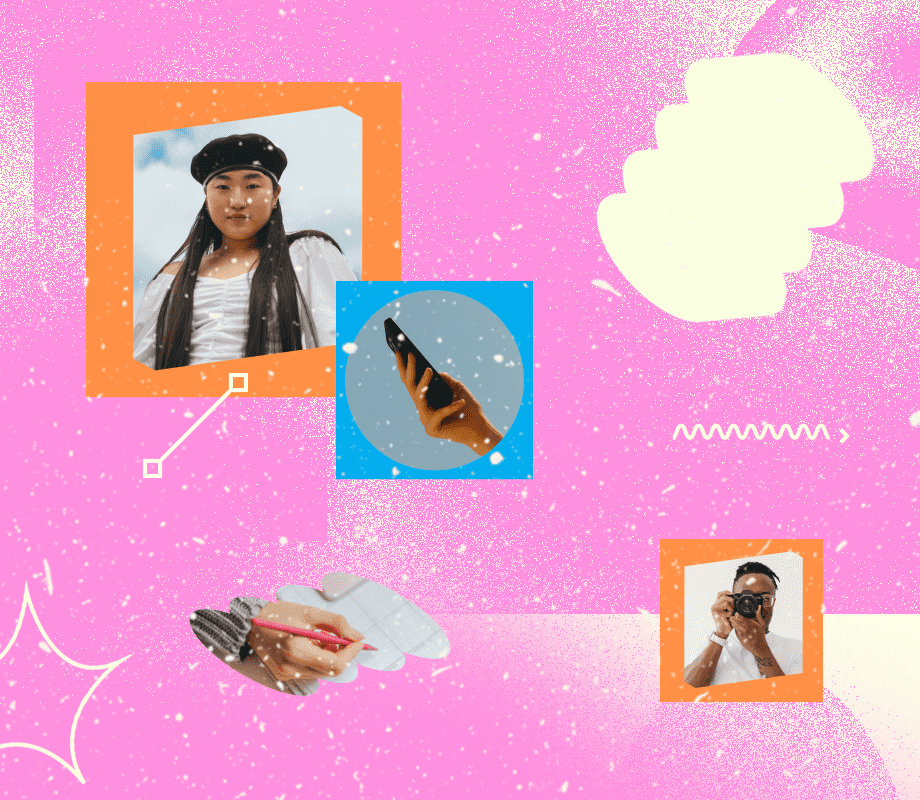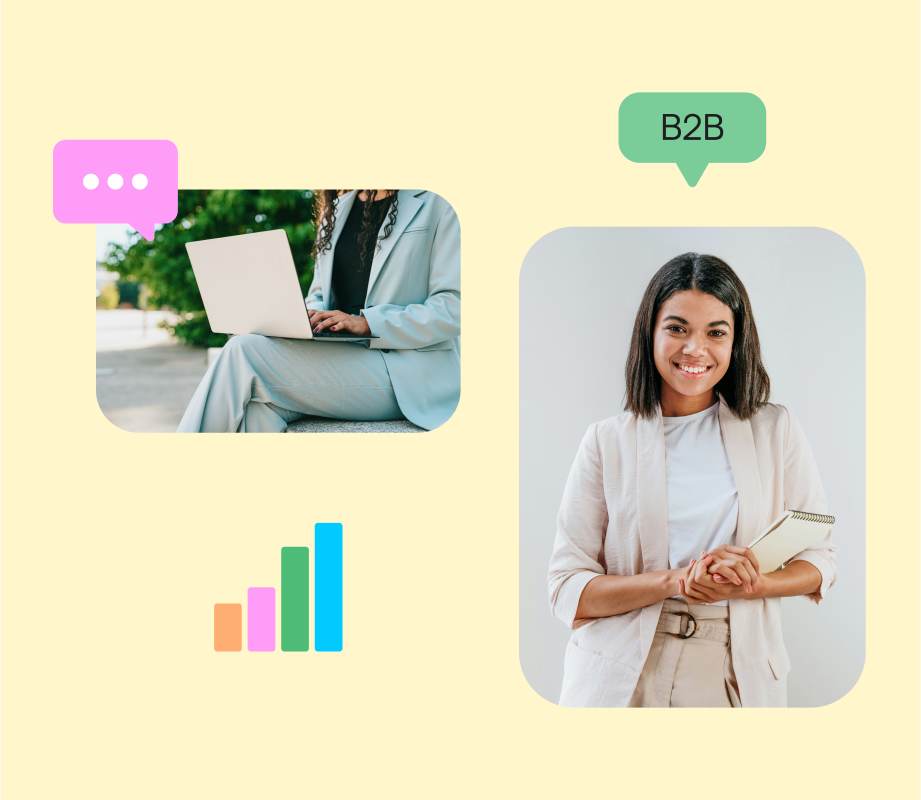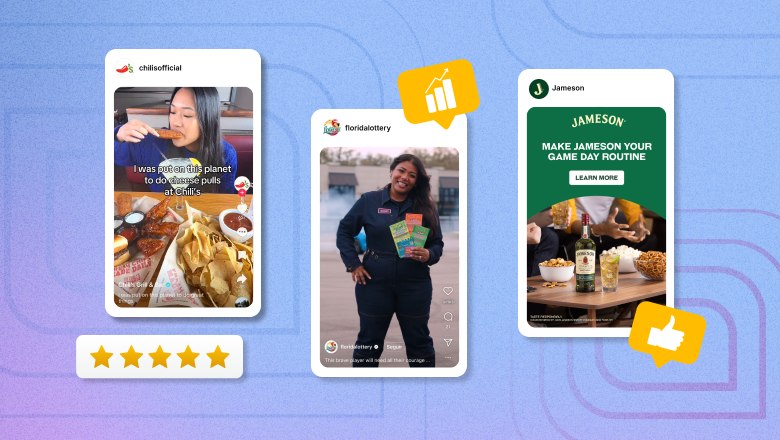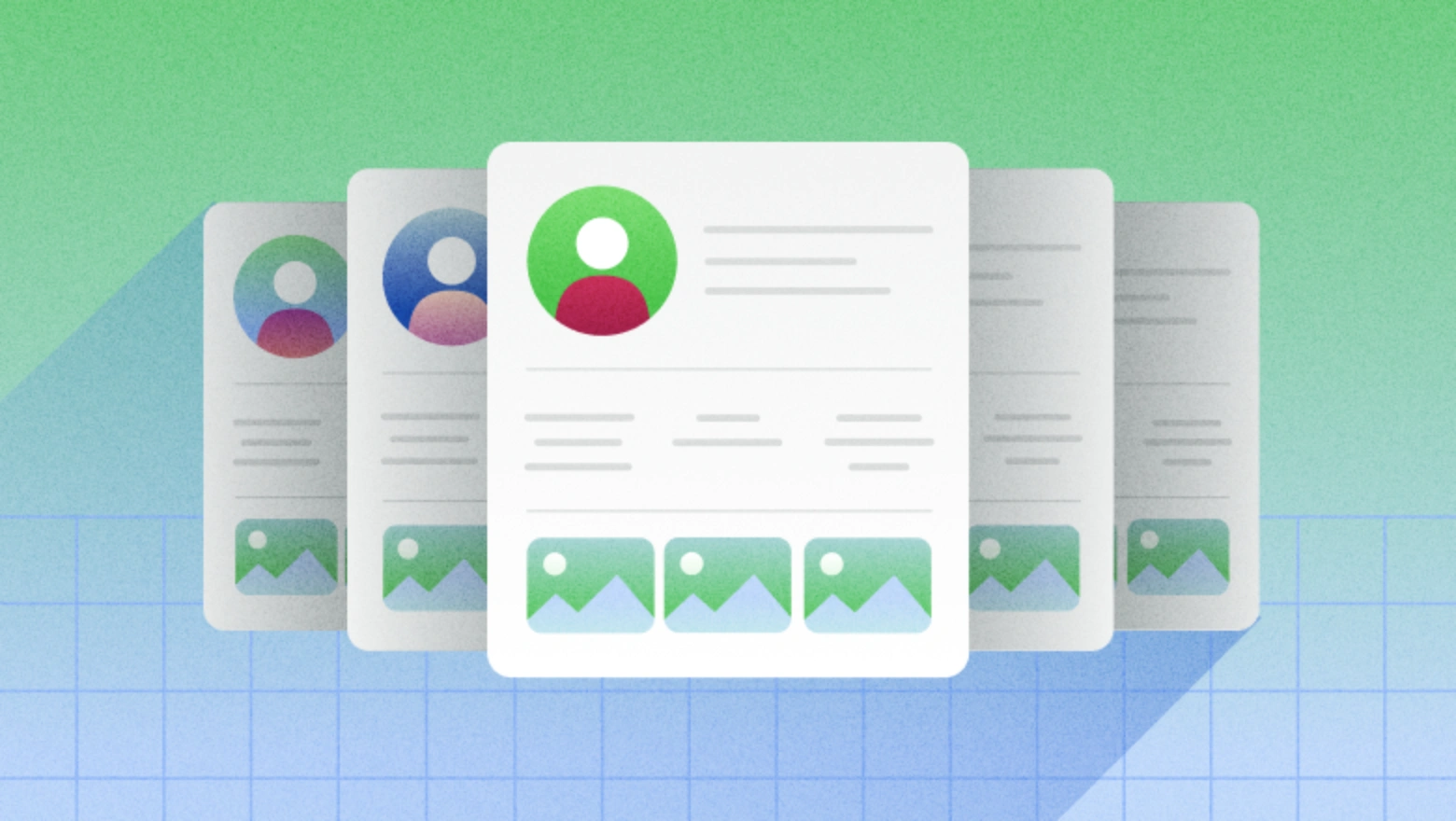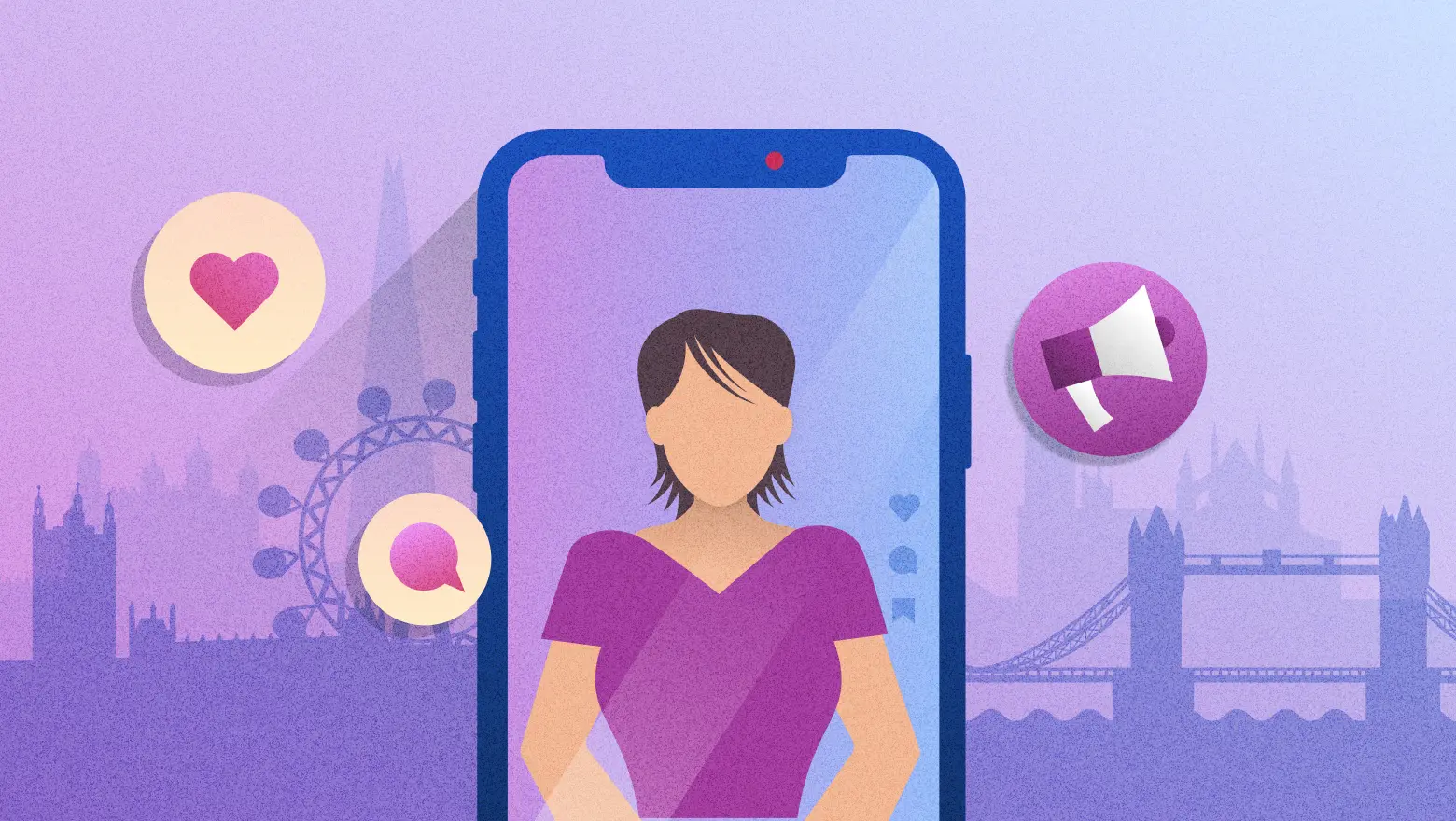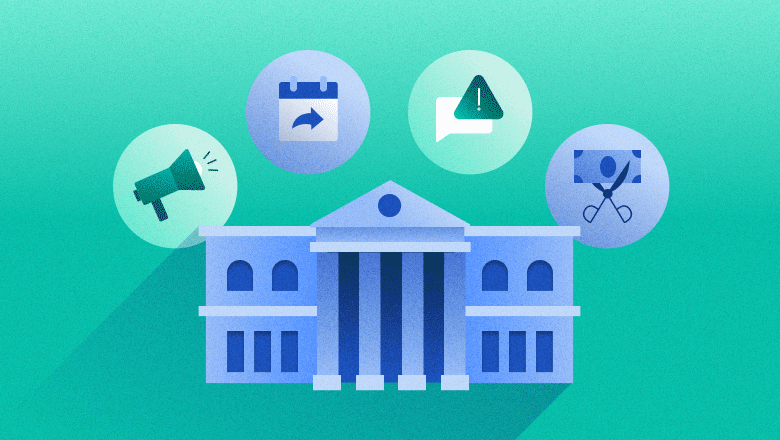Jumping into the AI pool without the lifeguard
AI isn’t coming for us. It’s coming to us. Diane Schwartz is CEO of Ragan Communications. It was a simple enough question I asked of an industry friend: “How are you?” This communications leader at a large global brand shared on our video call that she was not doing so well — “awful” in fact. […] The post Jumping into the AI pool without the lifeguard appeared first on Ragan Communications.

AI isn’t coming for us. It’s coming to us.
Diane Schwartz is CEO of Ragan Communications.
It was a simple enough question I asked of an industry friend: “How are you?”
This communications leader at a large global brand shared on our video call that she was not doing so well — “awful” in fact. She suspects her job is in jeopardy, yet she was taking on more responsibility with fewer resources. She hadn’t taken a vacation all year. She capped it off with a zinger: “And, you know, this AI thing….”
In the Zoom box I saw my head nodding in agreement. Like muscle memory, someone says “AI” and we nod our head in agreement. To project that we share this burden; to signal, I see you, I hear you — AI is awful and it’s coming for us.
But I actually didn’t agree with my friend. Her not taking vacation, her job on the line – worth a nod and empathy. But with AI – let’s not lick imaginary wounds. Nothing awful has happened to us; AI is coming to us, not at us.
AI is undoubtedly a big game changer and has potential to do harm. At record speed, it has changed the way we think about our jobs, our proprietary contributions, our humanity.
It’s safe to say that AI is also altering the communications discipline. So the question we need to ask ourselves is: Are we embracing this transformation or just talking about embracing it?
A few weeks ago, I showed up a few minutes early for a video call and the AI notetaker for the person I was meeting with was already there. It was an awkward moment when my colleague was 10 minutes late and the notetaker messaged me Hello and sorry for the delay. I wrote back, “no problem.” It then sent me an emoji. It was a bit uncomfortable, staring at the bot. But at least the non-human showed up to the meeting on time.
In times of seismic change, communicators must lean into their expertise and embrace discomfort. The most effective professionals thrive in ambiguity — they navigate uncertainty with confidence, uncover clarity in the fog and guide others toward solutions with positive impact. Now is the moment to activate those hard-earned skills.
If you were learning to play a musical instrument, speak a new language or take on a new sport, you would not just talk about it, you’d practice for hundreds of hours. You’d turn to experts. You’d be pretty awful at first and get better with time. You may not become an AI expert, just as you might not play at Carnegie Hall, but you can and should gain enough expertise to read the music and play a few songs.
Unlike taking on a new hobby, learning about AI is not optional. Learn it or lose your place. Even with corporate constraints on usage, it’s imperative to dabble on the side. Even if your organization has no restrictions, it’s essential to be part of the strategic decisions being made about AI.
For those waiting on the lifeguard to arrive, I say: jump in the pool.
The water is already filled with obstacles and opportunities: leading the charge against deepfakes, disinformation, and threats to intellectual property; driving upskilling initiatives, evolving roles, and organizational structures; and supporting new product launches. Beyond that, you need to know what you’re talking about as your organization makes critical, strategic decisions around AI — because those choices are happening, with or without your input.
As communicators, our challenge is to balance uncertainty with adaptability and grit. We understand that AI has the power to boost productivity — and with that comes an inevitable shift in job descriptions, workflows and expectations.
The fear that AI might outthink or outstrategize us is real and valid. But consider this: when you work alongside colleagues who are smarter or more strategic, do you give up? Of course not. You adapt, learn, and grow. The same can be true with AI. In fact, you may be uniquely positioned to not just navigate this new relationship but to lead and shape it.
The post Jumping into the AI pool without the lifeguard appeared first on Ragan Communications.













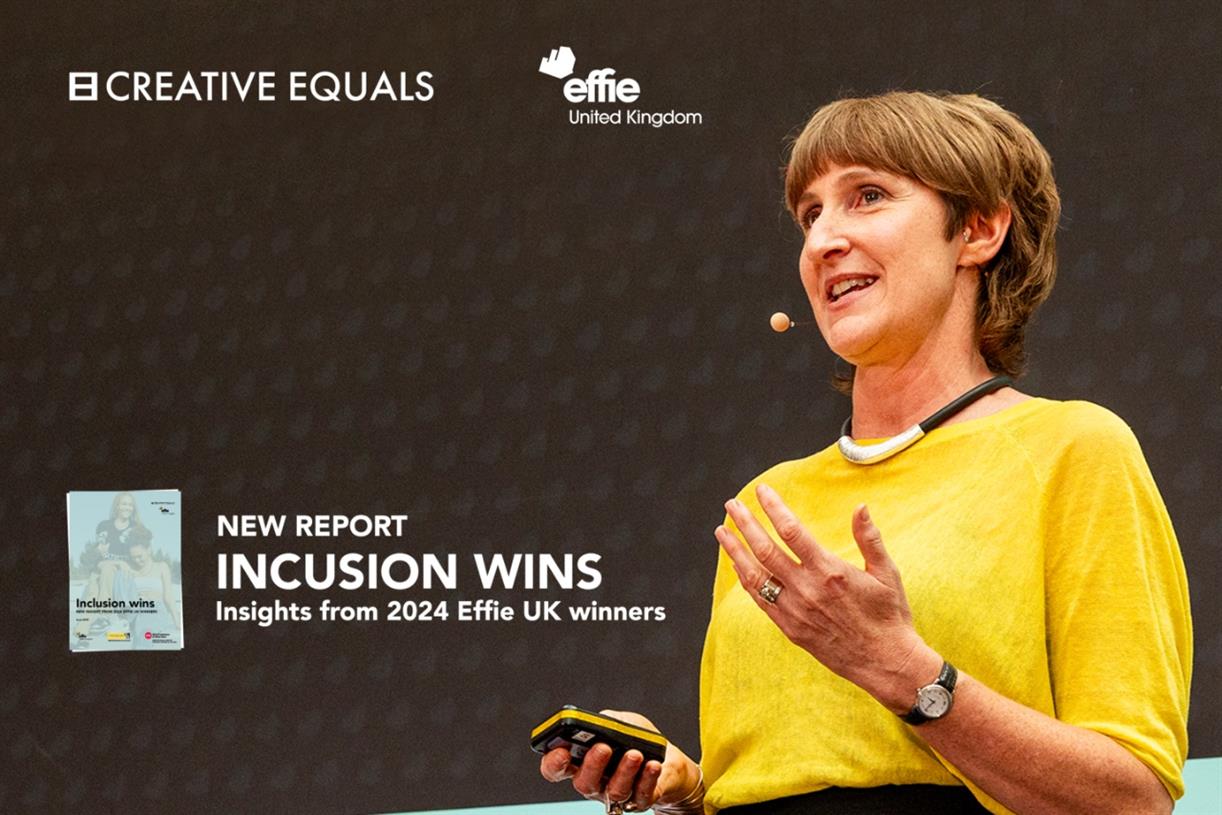
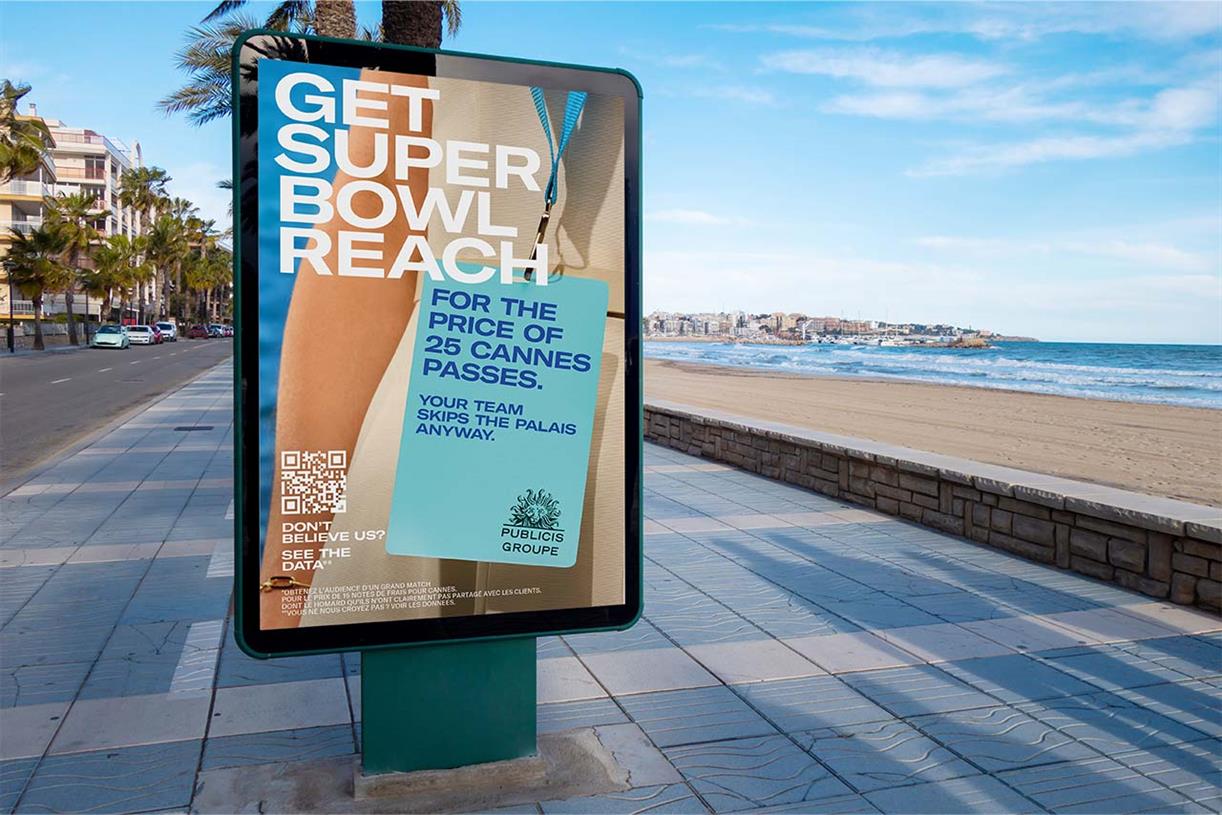
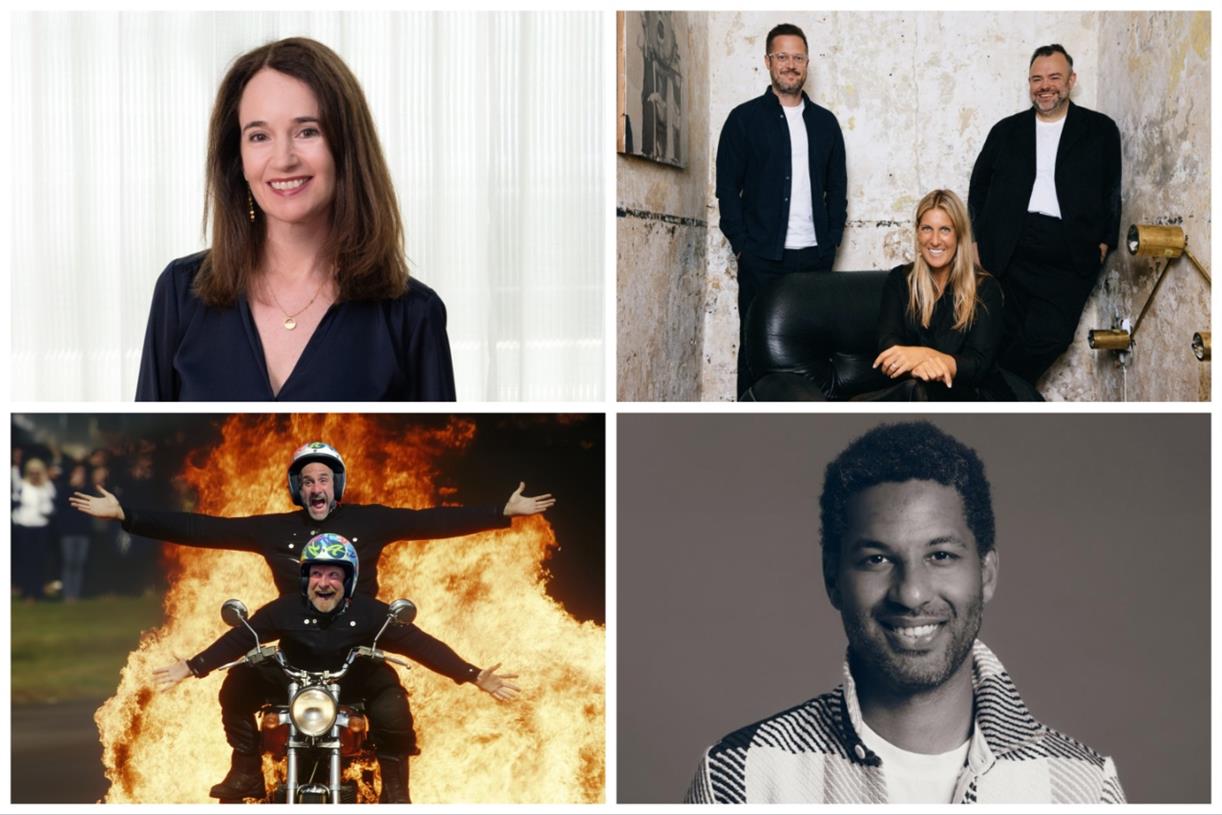





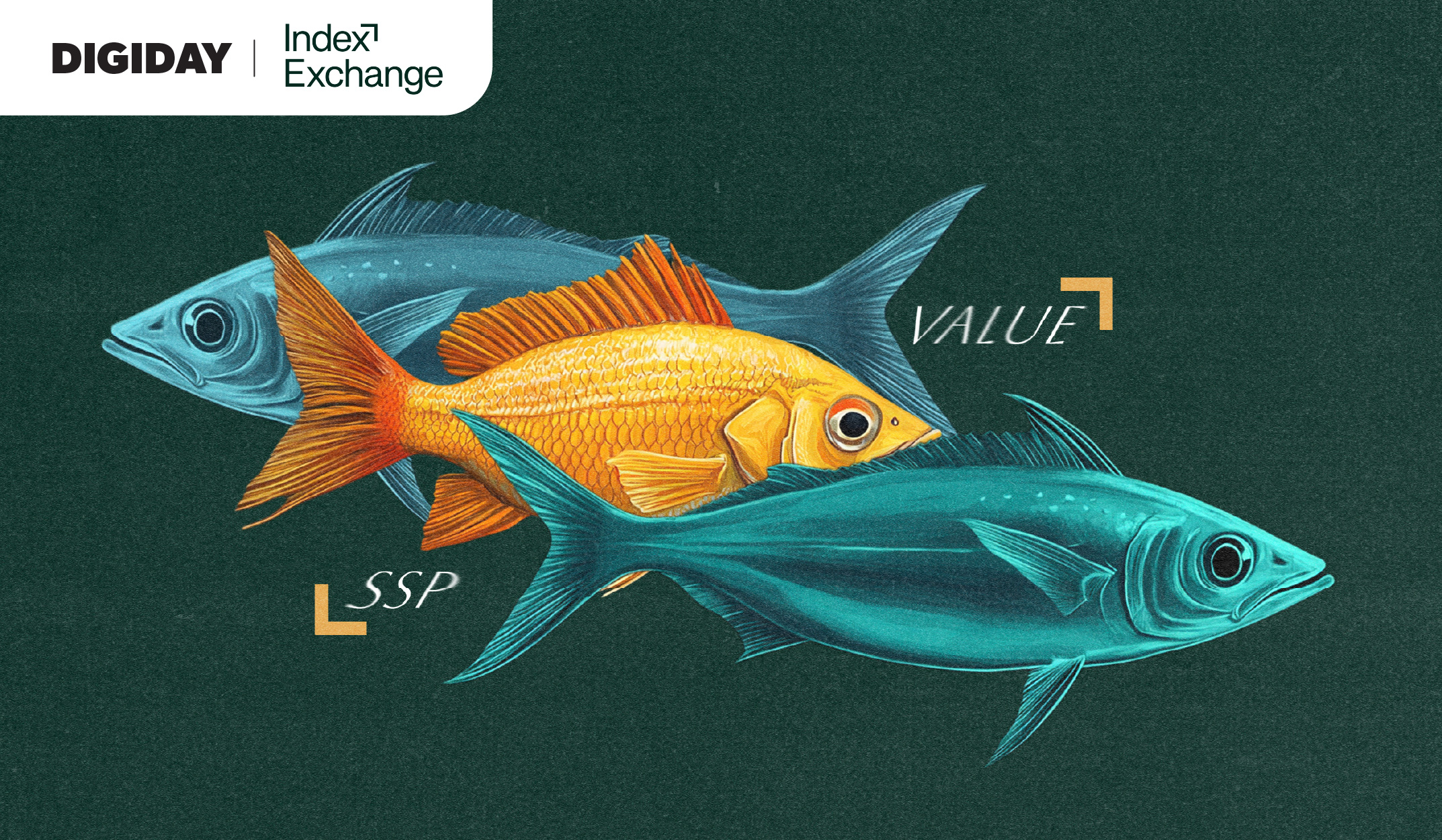
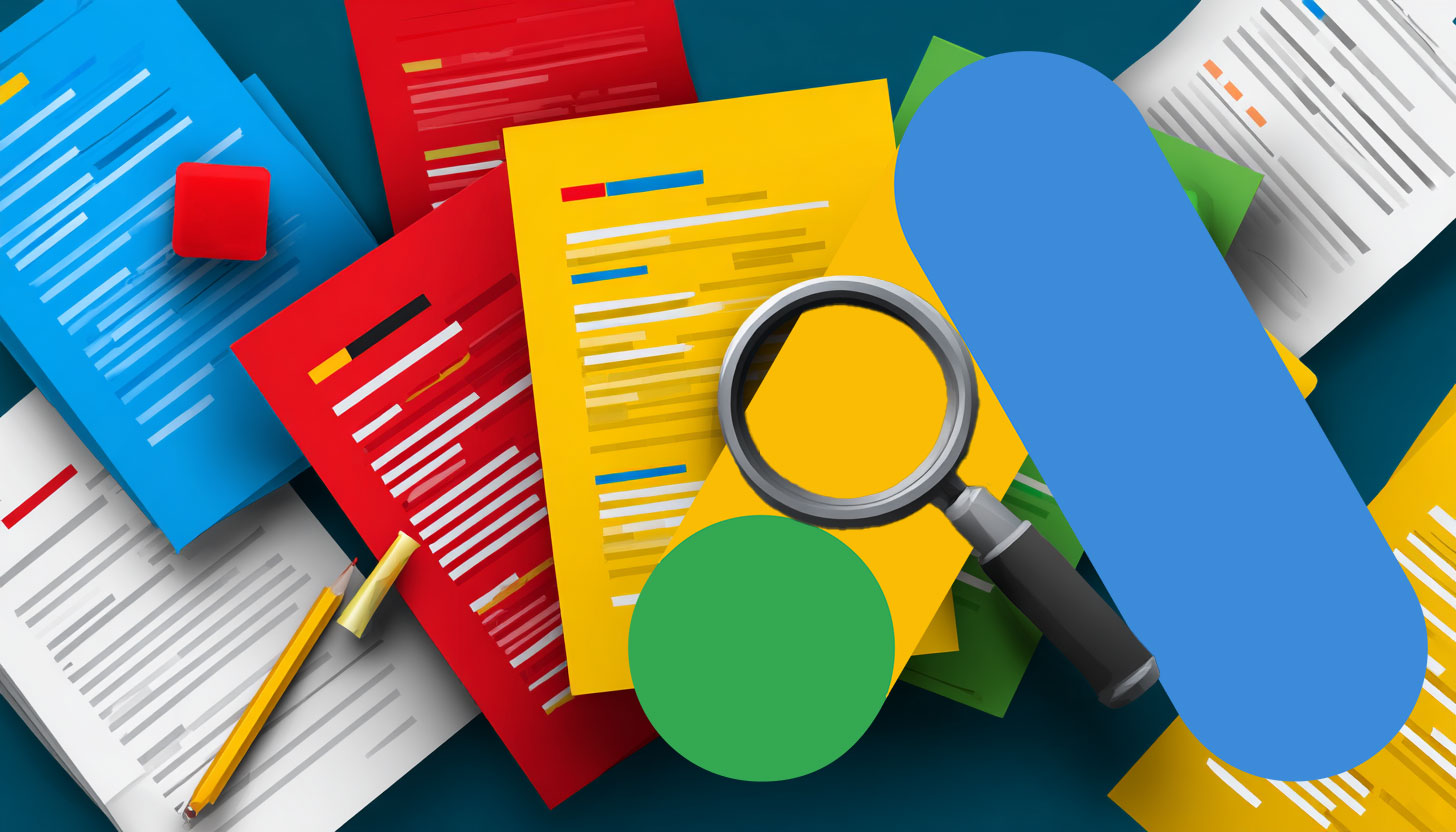



![Brand and SEO Sitting on a Tree: K-I-S-S-I-N-G [Mozcon 2025 Speaker Series]](https://moz.com/images/blog/banners/Mozcon2025_SpeakerBlogHeader_1180x400_LidiaInfante_London.png?auto=compress,format&fit=crop&dm=1749465874&s=56275e60eb1f4363767c42d318c4ef4a#)

![How To Launch, Grow, and Scale a Community That Supports Your Brand [MozCon 2025 Speaker Series]](https://moz.com/images/blog/banners/Mozcon2025_SpeakerBlogHeader_1180x400_Areej-abuali_London.png?auto=compress,format&fit=crop&dm=1747732165&s=beb7825c980a8c74f9a756ec91c8d68b#)
![Clicks Don’t Pay the Bills: Use This Audit Framework To Prove Content Revenue [Mozcon 2025 Speaker Series]](https://moz.com/images/blog/banners/Mozcon2025_SpeakerBlogHeader_1180x400_Hellen_London.png?auto=compress,format&fit=crop&dm=1747758249&s=9f3c5b1b7421f862beace1cb513053bb#)
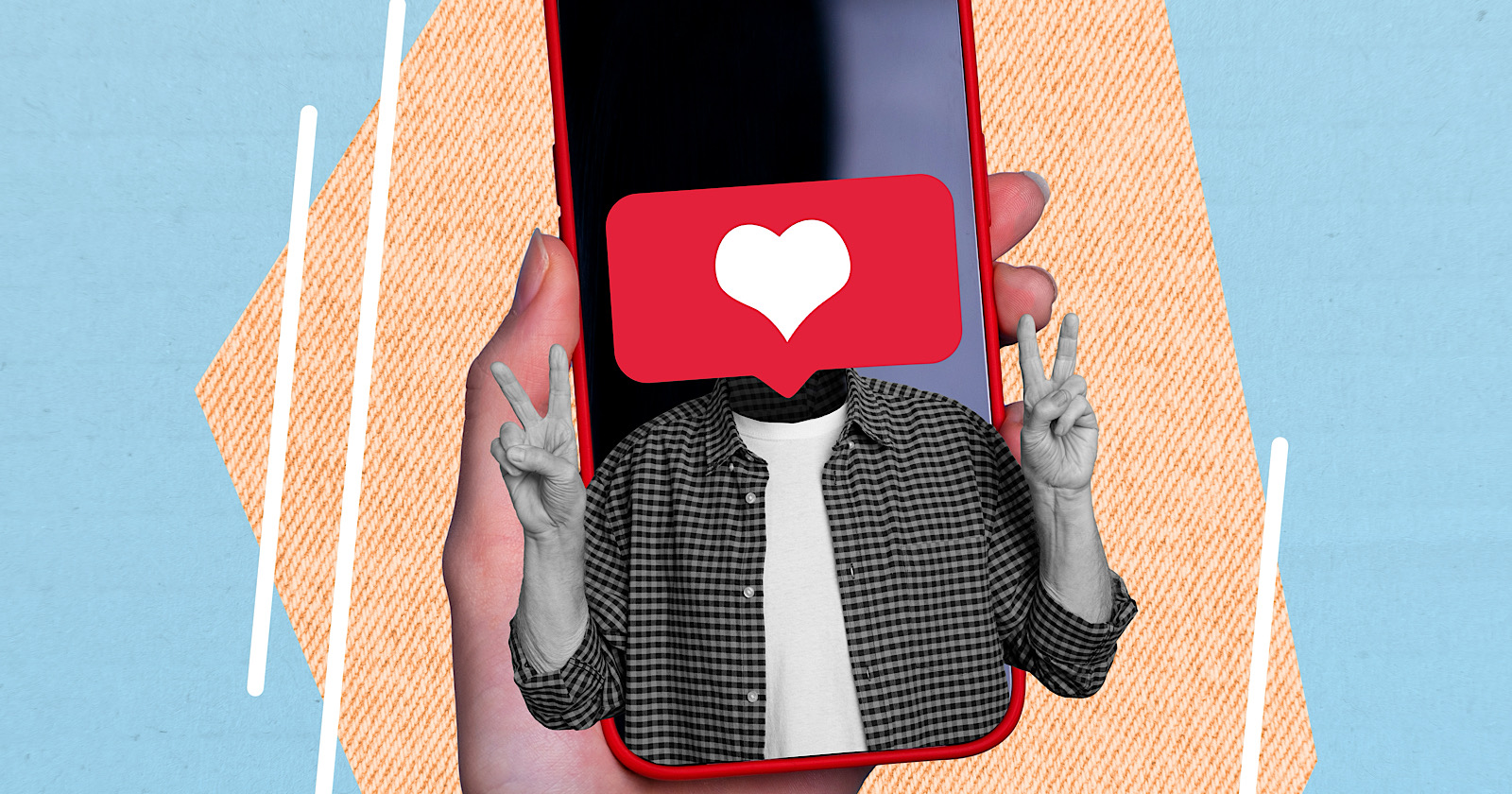
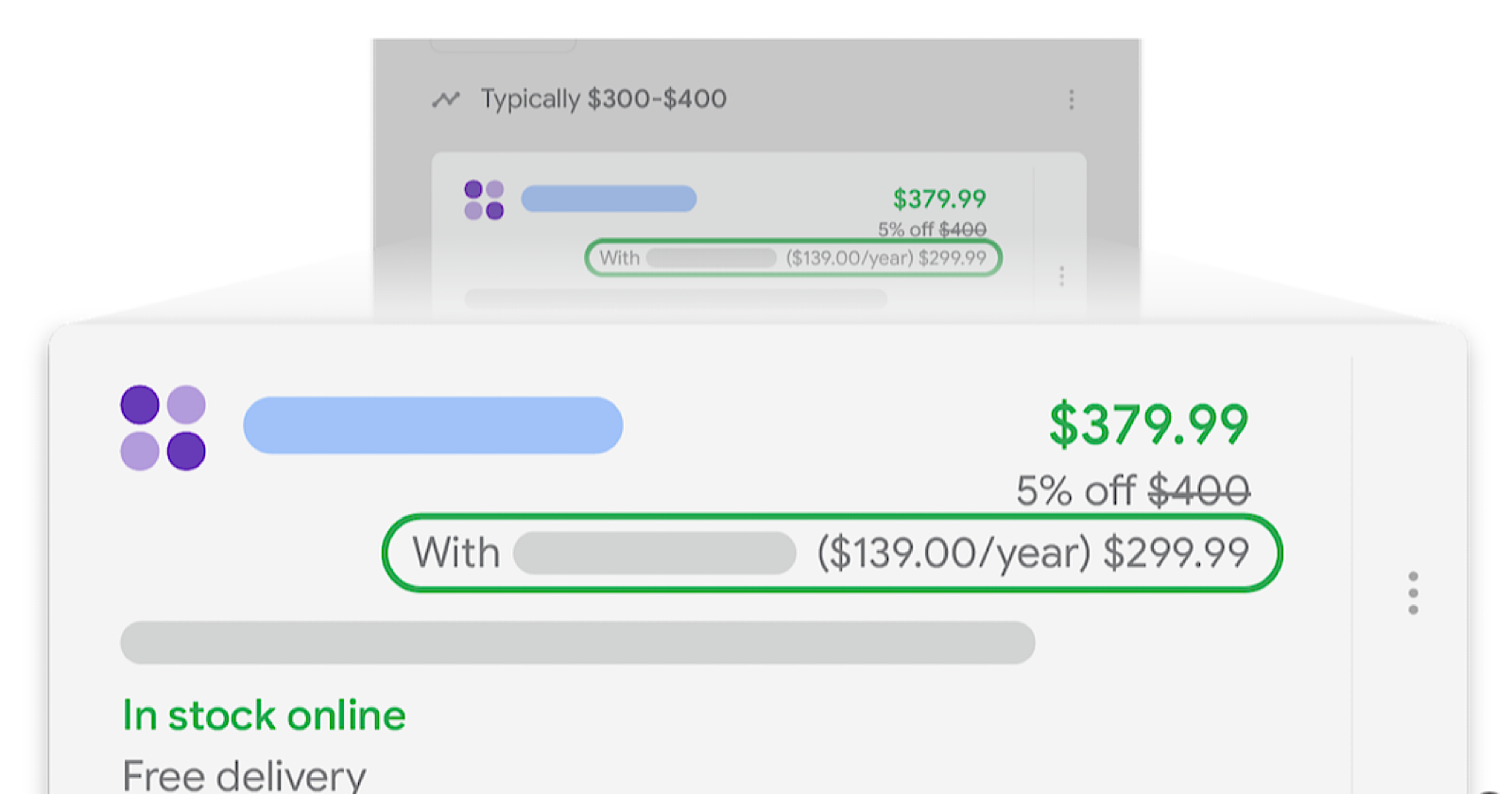





















![The 11 Best Landing Page Builder Software Tools [2025]](https://www.growthmarketingpro.com/wp-content/uploads/2024/04/best-landing-page-software-hero-image-1024x618.png?#)





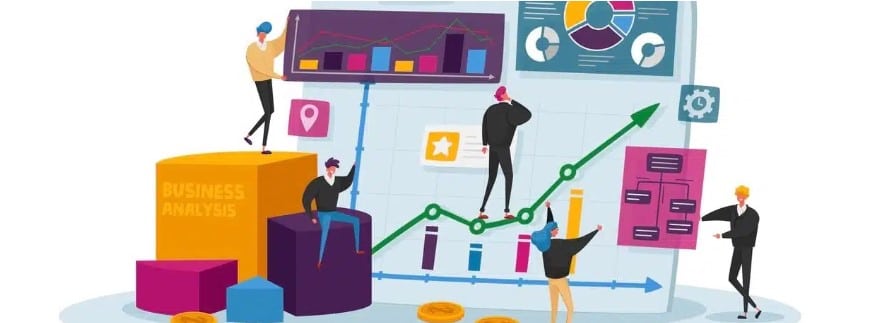



























![How To Build AI Tools To Automate Your SEO Workflows [MozCon 2025 Speaker Series]](https://moz.com/images/blog/banners/Mozcon2025_SpeakerBlogHeader_1180x400_Andrew_London-1.png?auto=compress,format&fit=crop&dm=1749642474&s=7897686f91f4e22a1f5191ea07414026#)
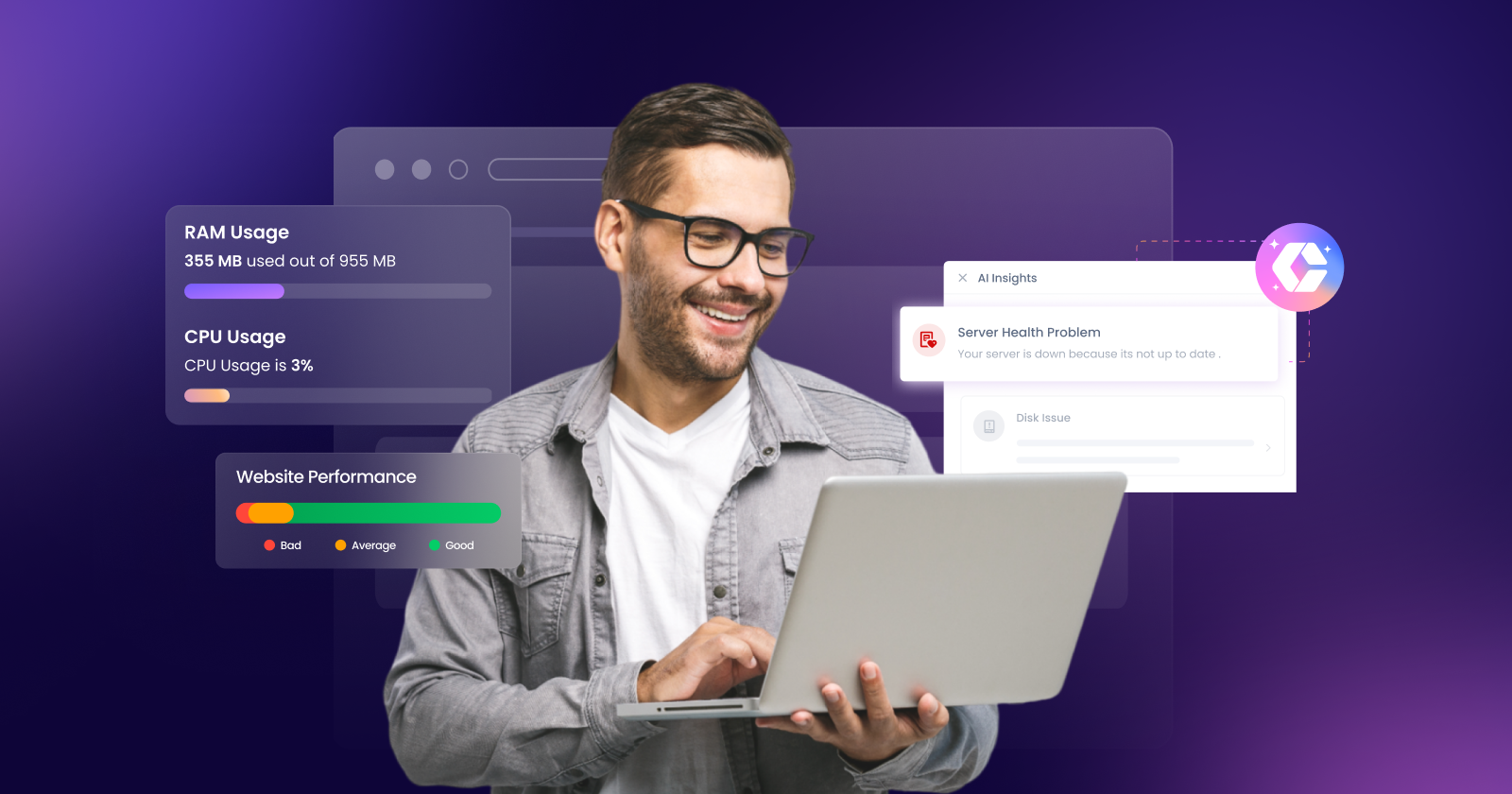





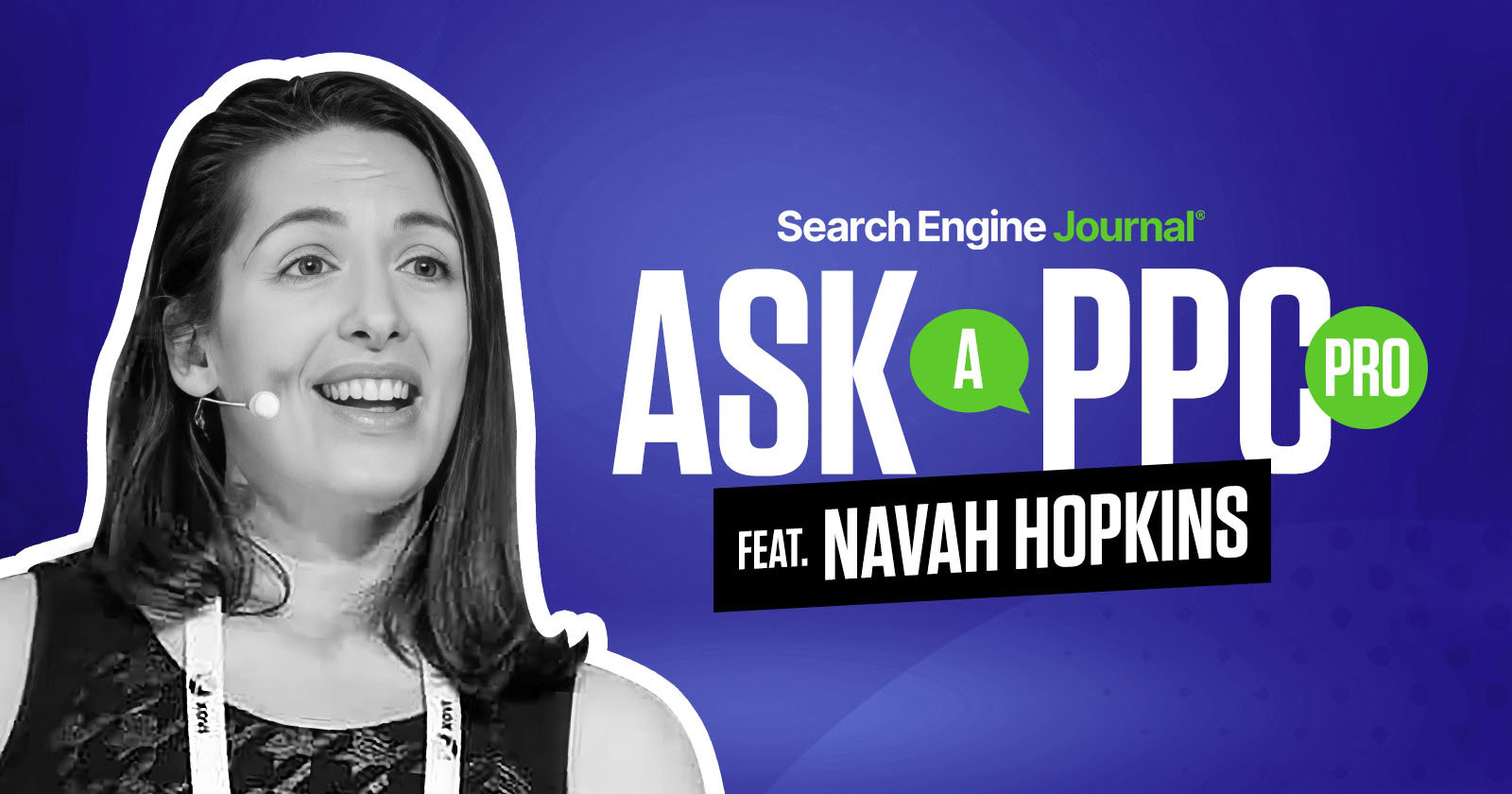
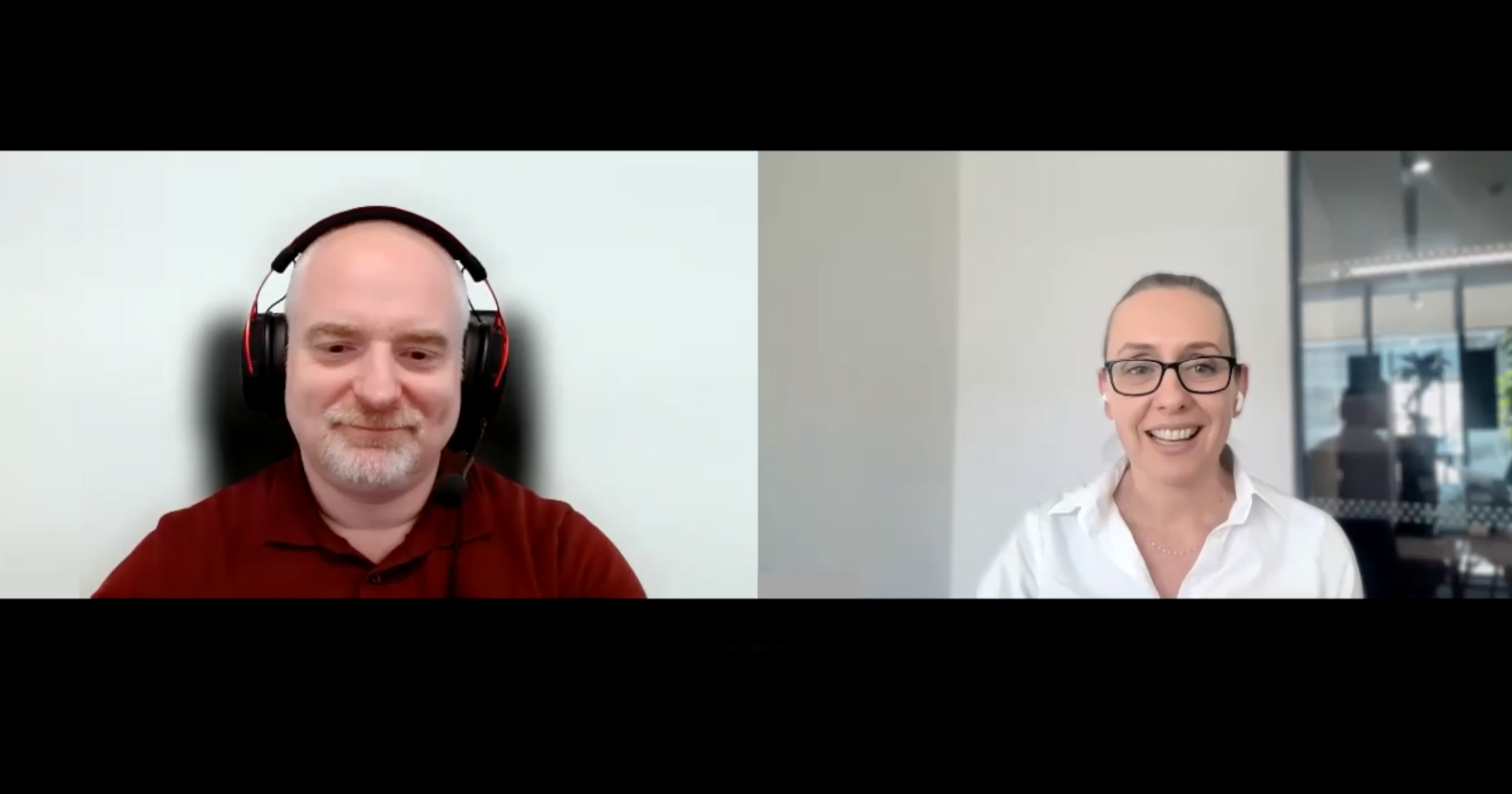




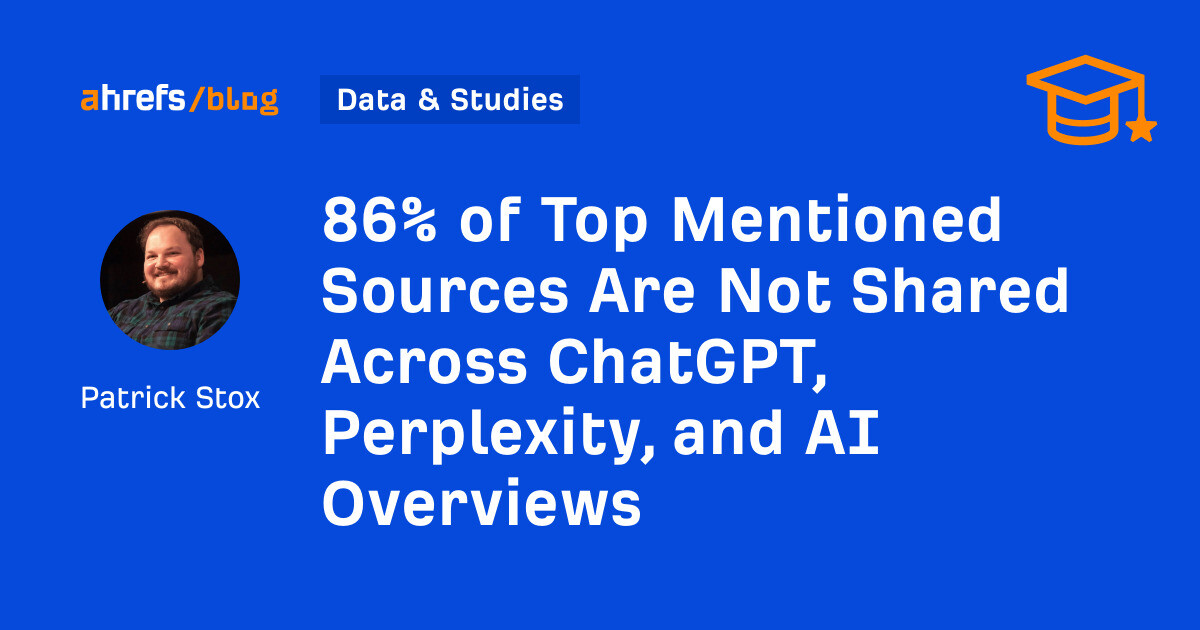
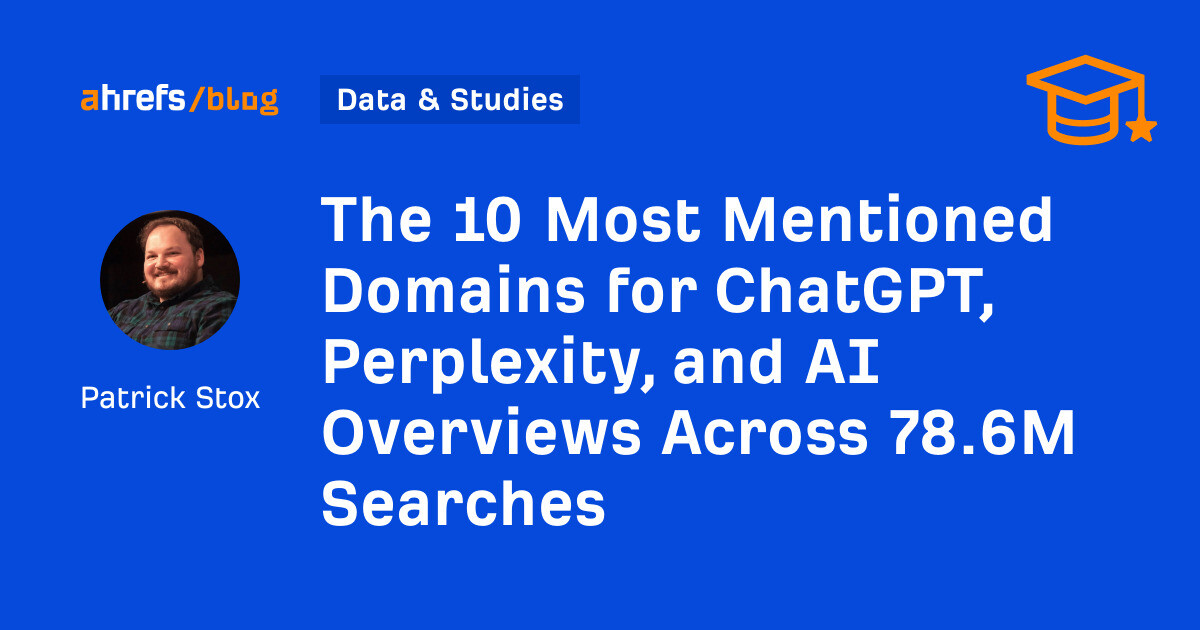
![Marketers Using AI Publish 42% More Content [+ New Research Report]](https://ahrefs.com/blog/wp-content/uploads/2025/06/marketers-using-ai-publish-42-more-by-ryan-law-data-studies-1.jpg)


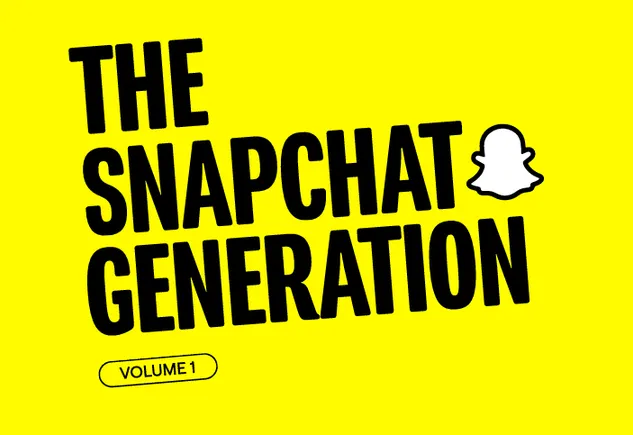











![Social media image sizes for all networks [June 2025]](https://blog.hootsuite.com/wp-content/uploads/2023/01/Social-Media-Image-Sizes-2023.png)


![The HubSpot Blog’s AI Trends for Marketers Report [key findings from 1,000+ marketing pros]](https://www.hubspot.com/hubfs/state-of-AI-1-20240626-53394.webp)
![AI can boost conversions from your web page — HubSpot’s CMO shows you how [tutorial]](https://knowledge.hubspot.com/hubfs/ai-1-20250605-395473.webp)
![The state of inclusive marketing in 2025 [new data + expert insight]](https://www.hubspot.com/hubfs/inclusive-marketing-report.webp)


